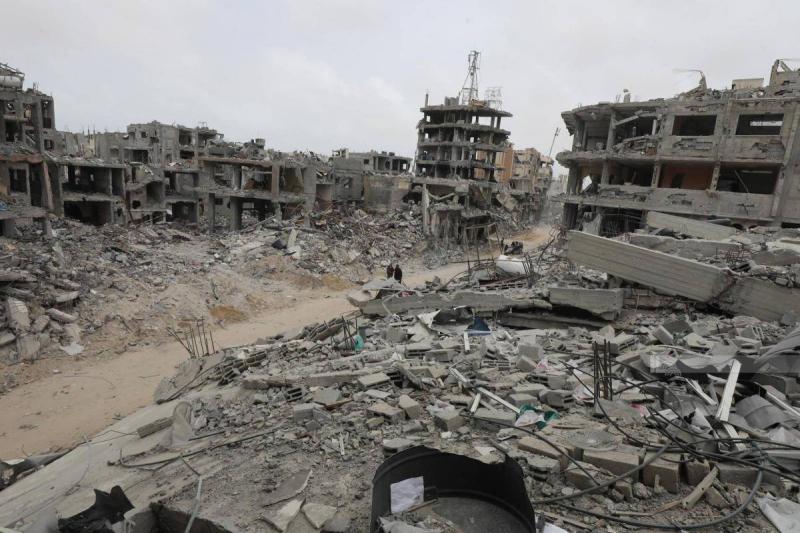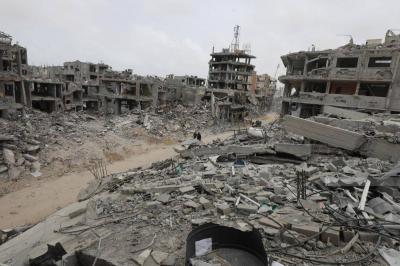In recent days, an imminent agreement for a prisoner exchange and the initiation of a ceasefire in the besieged Gaza Strip has been in the air. Following a meeting in Washington, Israeli Prime Minister Benjamin Netanyahu assured the families of some individuals held in Gaza, which has been under siege for over nine months, regarding their relatives' situations. It has also become clear that Defense Minister Yoav Galant met with heads of security agencies to formulate a clear stance that would allow the Israeli army to withdraw entirely from Gaza, including the northern part and the Philadelphi Route, for a duration of six weeks as part of a prisoner exchange deal with Palestinian prisoners, according to Israeli broadcasting authority.
The authority noted that Galant met with the chiefs of staff, the Mossad, and the Shin Bet. It explained that the four parties agreed that this period was short enough that Hamas would not be able to significantly rehabilitate itself, either in terms of new combat means or by rebuilding tunnels, according to the meeting. It added that the decision now rests with Prime Minister Benjamin Netanyahu. However, this meeting did not pass without criticism, as Israeli Finance Minister Bezalel Smotrich criticized the decision, considering that the heads of security agencies are leading Israel back into the same concept, recalling that the security apparatus had previously committed to deterring Hamas and that the Oslo Agreement and the separation from the Strip would bring security.
This comes as Prime Minister Benjamin Netanyahu met with families of some individuals held in Gaza, over nine months after their captivity, assuring them regarding their relatives. Netanyahu revealed to the families about a forthcoming agreement for a prisoner exchange between Israel and Hamas, explaining that it would be staged. He believed that this potential agreement was a result of military pressure, referring to the intensified Israeli military operations in recent days, which Tel Aviv justified as military pressure to conclude an agreement, which has caused numerous civilian casualties. Netanyahu informed the families of the detainees to move forward with the exchange agreement, simultaneously with the military pressure.
It is worth noting that the prisoner exchange deal had been on hold for a while between Israel and Hamas, amidst pressures on Netanyahu to consent to an agreement as soon as possible. Sources familiar with the negotiations revealed that the talks between the two sides face four main obstacles that have thus far prevented the reaching of a ceasefire agreement. The first contentious point involves the issue of abducted prisoners, whom Israel demands to release. The second point includes the demand from Israeli Prime Minister Benjamin Netanyahu for militants not to return to northern Gaza, while the third point concerns his wish for Israeli forces to remain at the Rafah crossing in the southern part of the Strip. The fourth contentious point is Netanyahu's desire that a ceasefire not be an obligation for Israel indefinitely.
Another potential point of contention is the clause that requires Israel to withdraw its forces from populated areas in Gaza.




